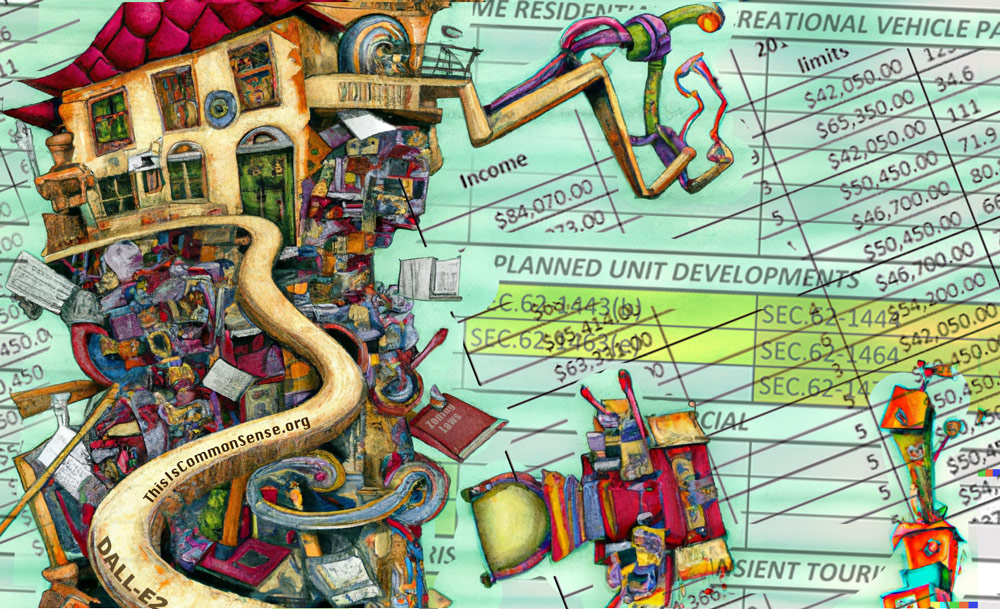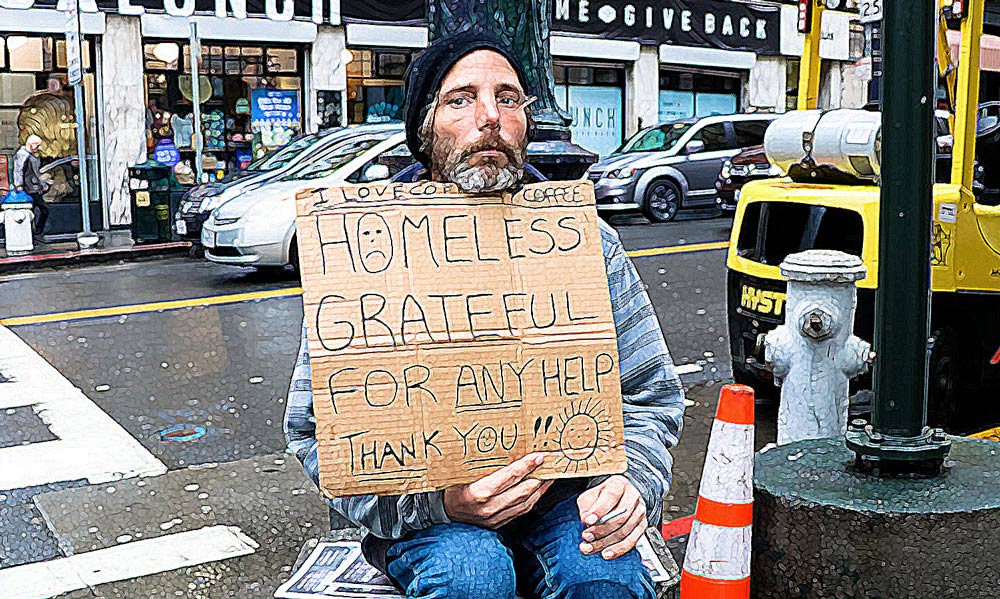If a government’s taxes and regulations are making shelter ever more expensive, what should that government do instead?
Stop pushing the disastrous policies, perhaps?
Unlike some other governors who shall remain nameless (one of them rhymes with “DeSantis”), Virginia Governor Glenn Youngkin understands that you don’t make things better by making them worse.
In August, Youngkin bluntly told a state senate committee that Virginia homes are too expensive and that a major cause is government interference with the market: “unnecessary regulations, over-burdensome and inefficient local governments, restrictive zoning policies, and an ideology of fighting tooth and nail against any new development.”
The many bottlenecks include low-density zoning rules that permit only a single house per property. Arlington County, Virginia, is one local government working to reform zoning so that more houses can be built on a property.
In November, Youngkin proposed a Make Virginia Home plan to unravel many regulations. City Journal notes that although the plan is “short on details,” it’s a good start.
Under the governor’s plan, the state would streamline environmental reviews, investigate how to liberalize the state’s building codes and land-use and zoning laws, impose deadlines on local governments to speed up approvals of development, and give local governments incentives to adopt their own market-liberating reforms.
This agenda is indeed only a beginning. But it does recognize a major cause of sky-rocketing housing costs and what must be done to begin to reduce those costs.
That’s just Common Sense. I’m Paul Jacob.
Illustration created with DALL-E2
See all recent commentary
(simplified and organized)
See recent popular posts










